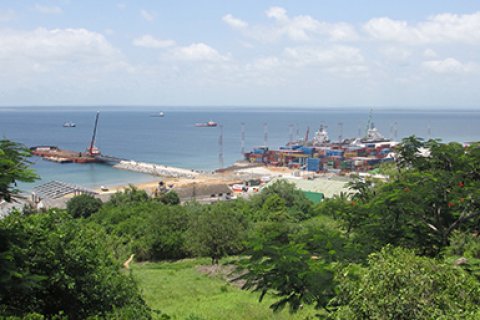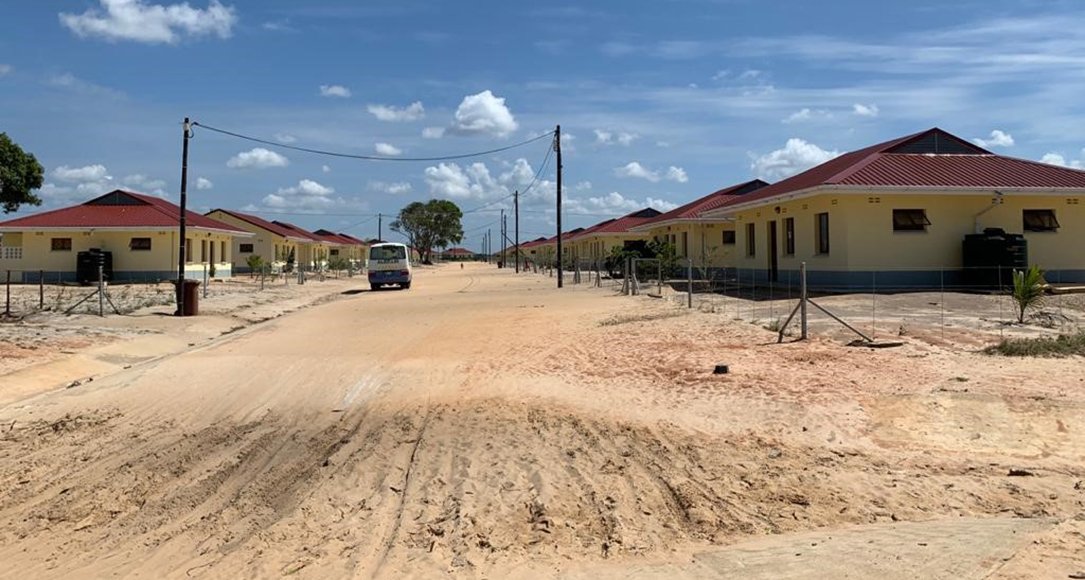Responsible pathways to sustainability: How electric car production impacts Mozambican lives
While the transition from fossil fuels to renewable energy in Europe is speeding up, the extraction of minerals and fuel needed for this transition leads to forced displacement and the loss of work among marginalised people living in these extraction areas in Mozambique. Sustainability transitions in Europe should therefore take procedural and distributive justice in countries like Mozambique at its core, argues sustainability expert Dr Kei Otsuki from Utrecht University based on her research among displaced people in Mozambique.

In Europe, we are keen to accelerate low-carbon transitions. More and more people in the Netherlands are switching to electric vehicles, and we have realised that we can no longer live without smart technologies. At the industrial scale, energy transitions are envisioned from fossil fuel to renewable energy. All these efforts are accelerated by the rise and spread of civic climate action.
What is often overlooked in these concerted transition efforts is the actual value chain of essential materials needed to enable the transitions. Electric vehicles, computers, and smartphones all require rechargeable lithium-ion batteries. These batteries consist of several minerals such as lithium and graphite. The energy transitions also increasingly justify the exploration of liquid natural gas, often called a ‘bridge fuel’ from fossil fuels towards full-fledged renewable energies. But do we know enough about where these minerals and fuel come from to enable our sustainable life?
Hot spot of 'green' mineral and fuel extraction

Cabo Delgado Province in northern Mozambique is one of the hot spots of this new ‘green’ mineral and fuel extraction for transitions. Having historically been the most marginalised province in the country, it has suddenly been put in the spotlight since the discovery of the world’s largest liquid natural gas in its off-coast. The province quickly became the frontier of investment by large multinationals such as the French oil and gas company Total. The investment frontier further expanded as the world’s largest graphite company, the Australian company Syrah Resources, recently reopened once closed graphite mines for the production of rechargeable car batteries in China and Europe.
10,000 displaced people
Sustainable development expert Dr Kei Otsuki from the department of Human Geography and Planning at Utrecht University and her colleagues explore the implications of these investment frontier expansion in Cabo Delgado in their research project ‘Inside Investment Frontiers’ (InFront). They found that the biggest implication of the frontier expansion is physical and economic displacement of over 10,000 people from traditionally farming and fishing communities. The mining and gas companies are doing their best to ensure that the displaced people are safely resettled in a new place where they can make a living and have access to basic services. However, they do so by building disproportionately modern housing and infrastructures while failing to provide long-term support that enables them to work again and maintain the provided housing and infrastructures.

Marginalisation of local population
Consequently, local residents are increasingly discontent with the situation they are forced to live in. Most of the people that are now displaced have been marginalised throughout history due to colonial occupation, civil war, and natural disasters. The companies’ promises of a modern good life through resettlement have thus naturally raised expectations and frustrations, especially among those who are not yet benefitting from the resettlement or who feel alienated from the larger development process. The violent unrest, attributed to Islamic insurgencies, which rose in 2017 in the province, is presumably leveraging on these feelings of discontent.
Justice at the core
One of the objectives of the research project is to make sure that the resettlement process has procedural and distributive justice at its core, not only to address the injustice of displacement but also to acknowledge the underlying historical marginalisation. The power and authority that large energy companies have in remote places should be used to ensure people that they get enough opportunities to live their quality life after resettlement. The other objective of the project is to make people in Europe aware of the effects of ‘translocal development’, the strong connection between transnational processes across borders and local development. The researchers envision global advocacy by a network of researchers, activists, and students both in the Global South and North for affected people. To this end, they keep on monitoring emerging investment frontiers and new value chains created under the banner of sustainability transitions.

